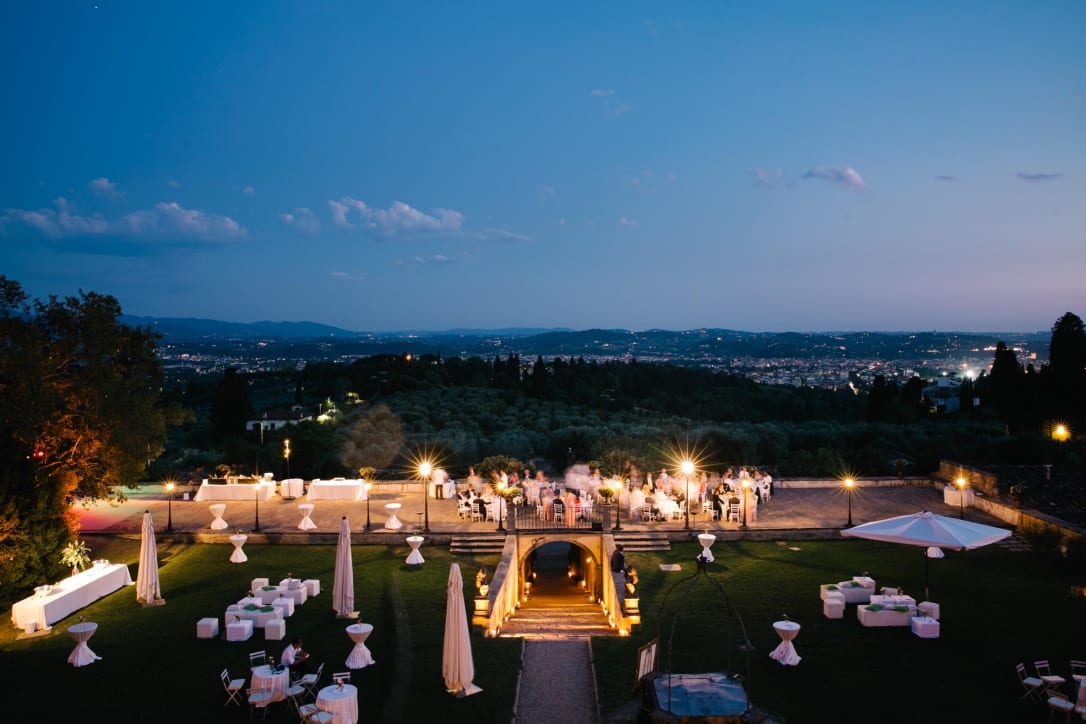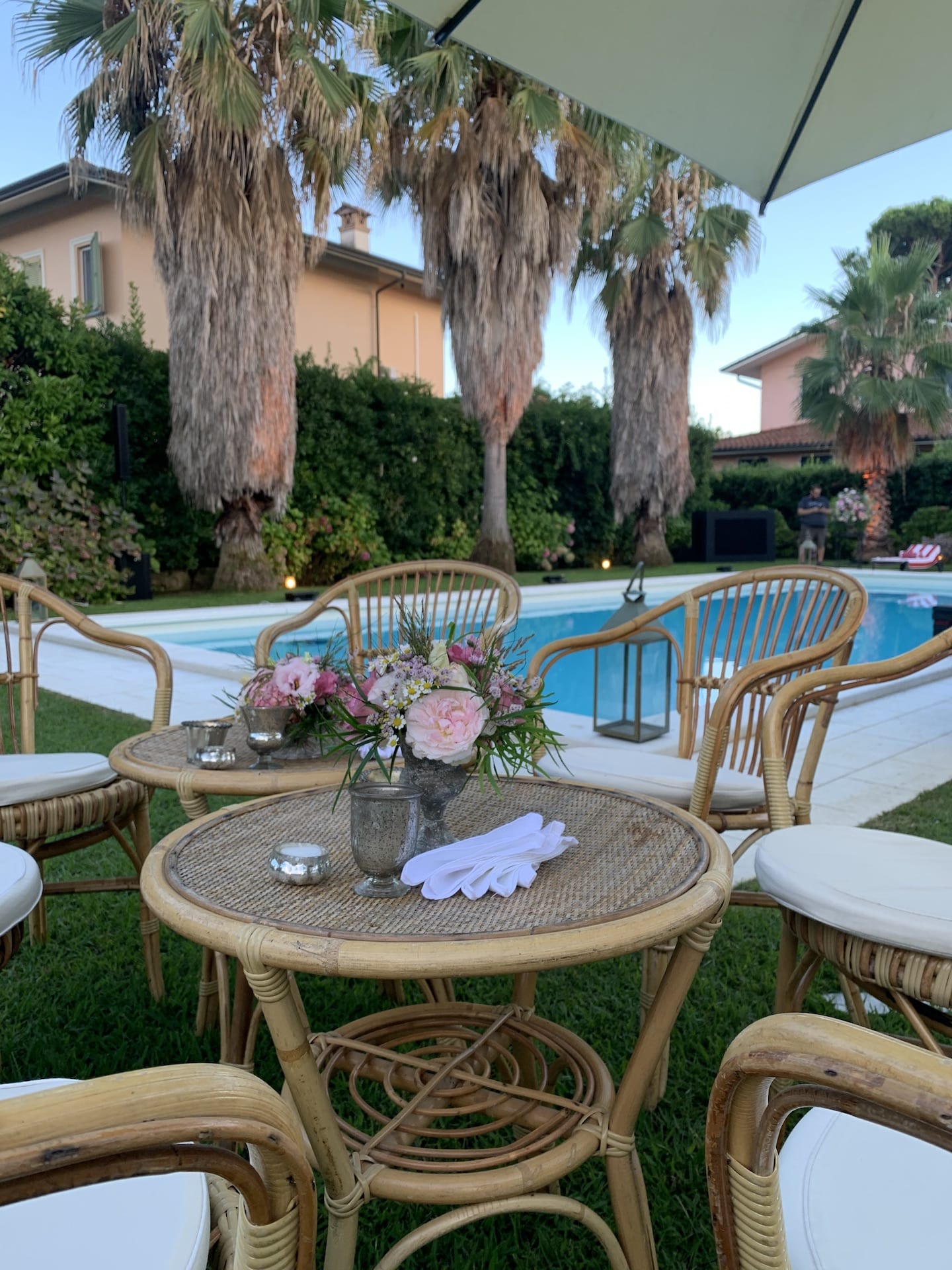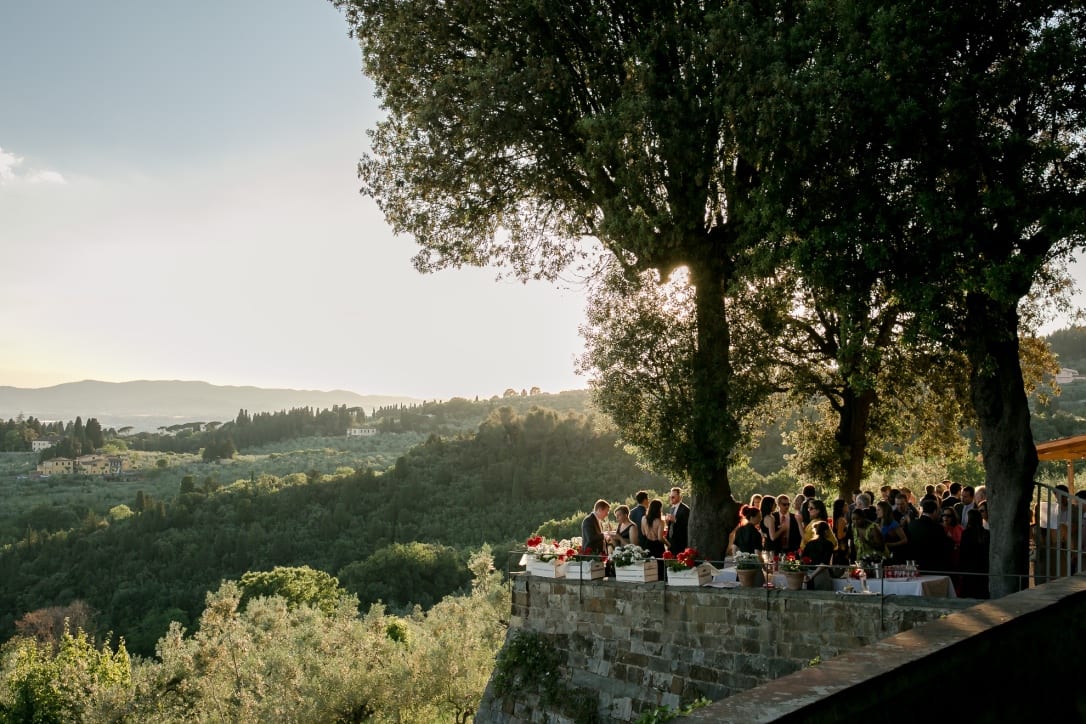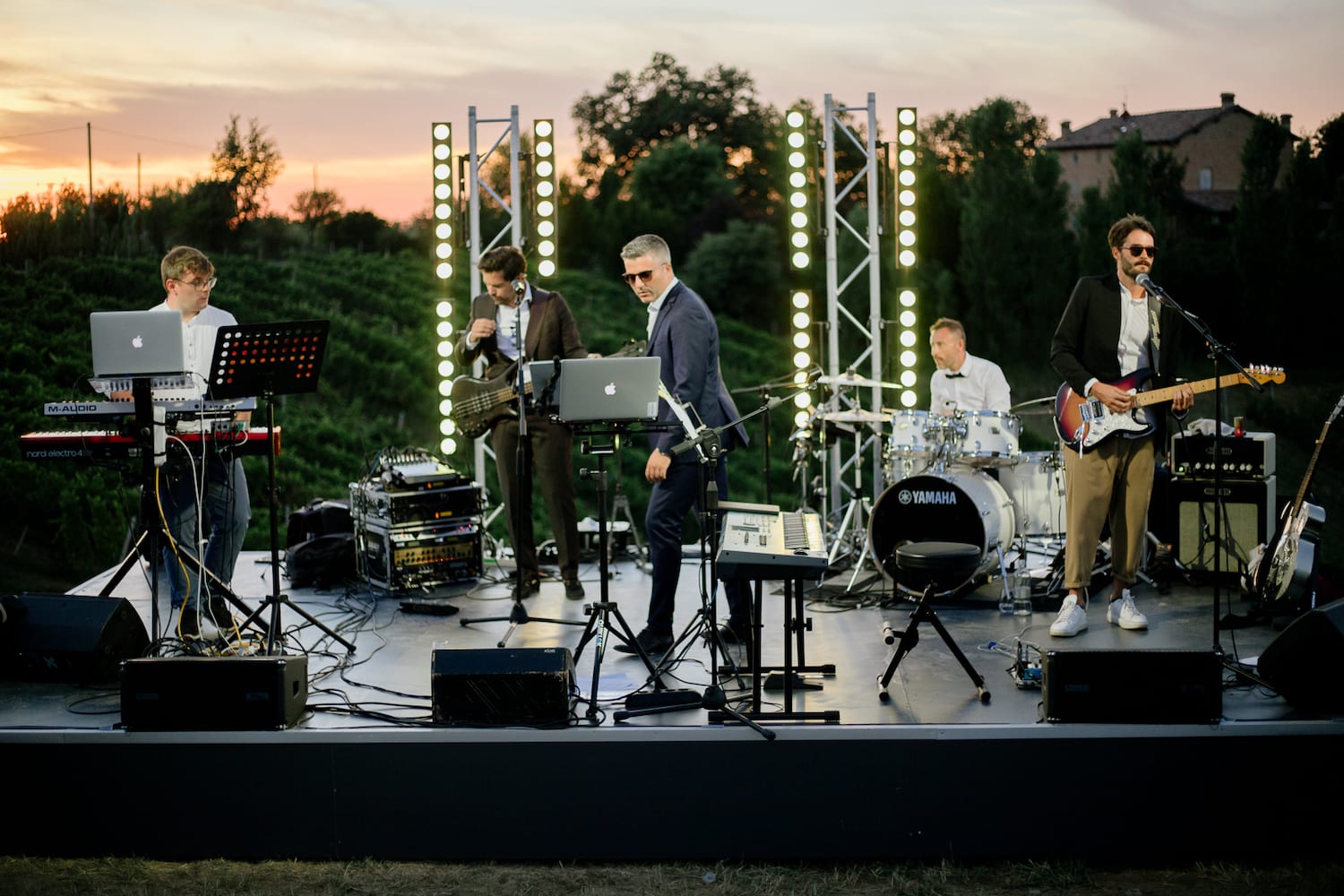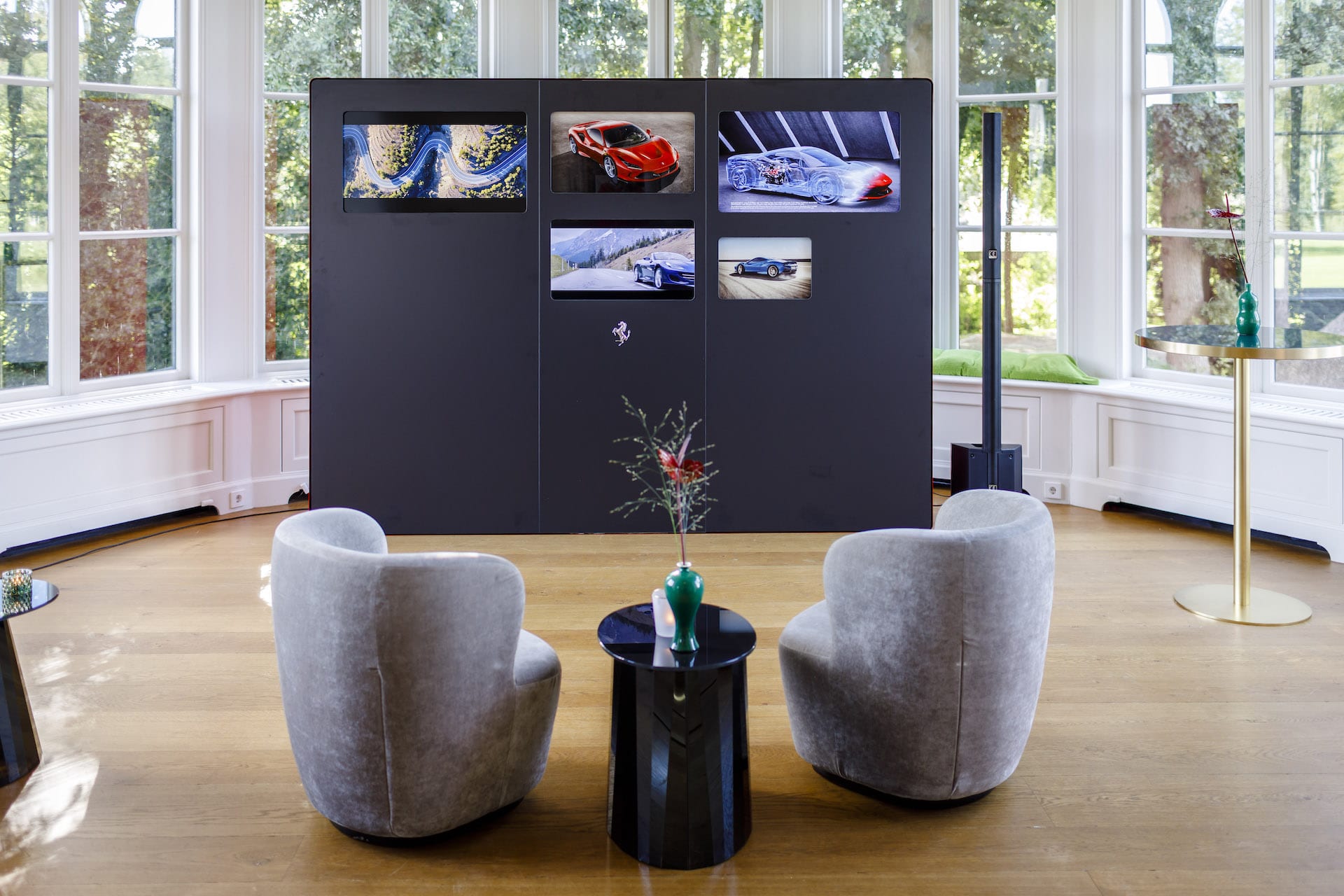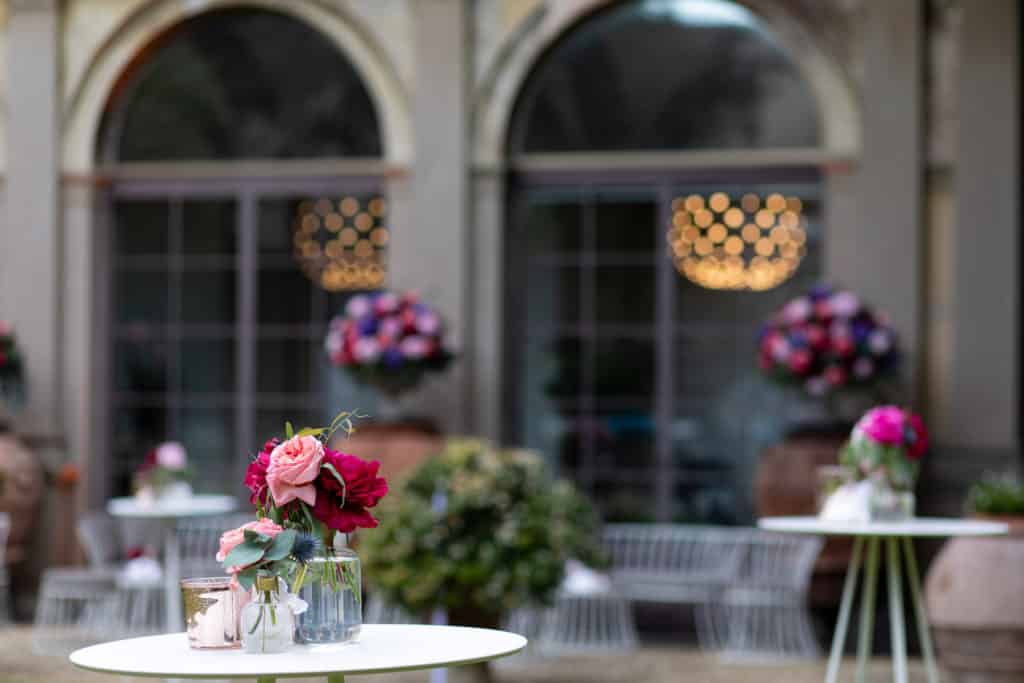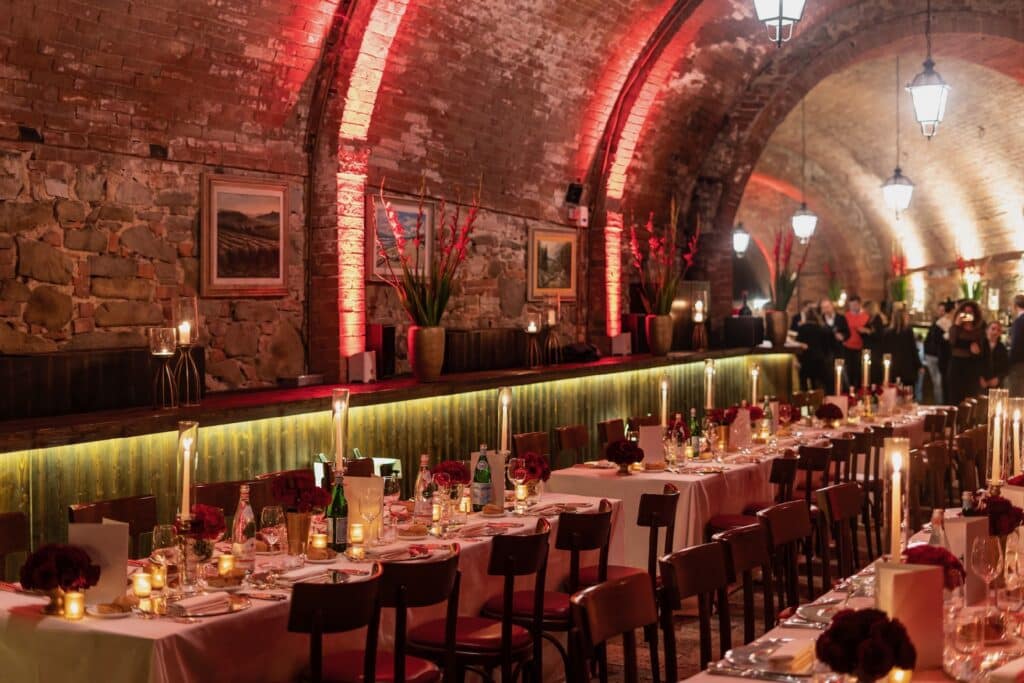Events in Italy: steps of the planning process
As a world-famous destination, Italy is well equipped all-year round to host private and corporate events. Nothing is missing: high-end accommodations, top quality food and wine, special experiences, cultural sites. If you have decided to plan your event in Italy, here are some useful tips.
How to create a successful event in Italy?
The easy answer is: rely on a local and experienced event planner! Nothing can be better than having a professional team by your side helping you to achieve your dream event. Private events, corporate events, charity events…everything is an opportunity and all of them are not easy occasions to be planned, they all need hard work in planning, organizing and coordinating.
Otherwise, if you are willing to give it a try and start planning on your own, one of the best ways to be sure to reach your dream success is to know and stick to the five phases of event planning.
Stage 1: Research
The event planning stages help you avoid bad decisions and waste of time and money. The first stage concentrates on research. You need to list clearly all the objectives of the event. What is your goal and why? Having a specific vision of what the event is for is very important.
So, after establishing the purpose of the event, in this phase you shall determine budget and estimated number of guests. These three things are the basic requirements of event planning: make sure to share them with your event management team.
Stage 2: Design
Designing and conceiving an event is the most delicate and fascinating aspect, above all when it takes place far from home. This is the time to brainstorm on possible concepts and flow of the event. Of course the theme of the event must match with the objectives, so it is important not to lose sight of the event goals when designing decorations, table settings, stationery and every other detail.
The event design cannot be improvised. You may ask for the advice of a local expert, someone who can guide you to what works best and what your event really needs to succeed. Also the help of an expert comes in hand when it’s time to select venue, catering, vendors and other suppliers.
Stage 3: Planning
In this phase, budget, venue and timeline should already be determined. The planning process is meant to define all details and cope with eventual unforeseen situations. Studying carefully all the elements that will participate in creating the theme and mood of your event is always time well spent!
You must end this planning phase knowing exactly how your event will start and finish. Be sure to know the roles and times of all the different vendors involved in the event to have a global vision of it.
Stage 4: Coordination
Event coordination includes the management of all the logistics and manpower needed pre-event. This is the stage of hard working, fast decision making and creativity because if something might go wrong during the pre-event operations, you have to be able to fix the problem fast and keep going to complete all the preparation.
When guests arrive, the coordination work continues. During the event, it is important to supervise every professional involved and be sure to respect the timeline.
Stage 5: Evaluation
By this time, the event will be over. This is the moment to ask for feedback by your guests. A good idea is to reach them with a special gift as a thank you for their participation and take advantage of the occasion to ask questions or ask them for a survey. A simple thank you note can work too, just stick to the event’s theme to choose what is best.
You’ll see that guests usually appreciate these kinds of follow-up and will be happy to reply to all of your questions. Evaluating the event is useful to evaluate your own work and find out if it was really successful as you were hoping for, or if something will need to be amended for next time.
Contact us
Let us take care of the concept and design of your events.
Our team is ready to make your dreams come true.
Get in touch with us for more information!




